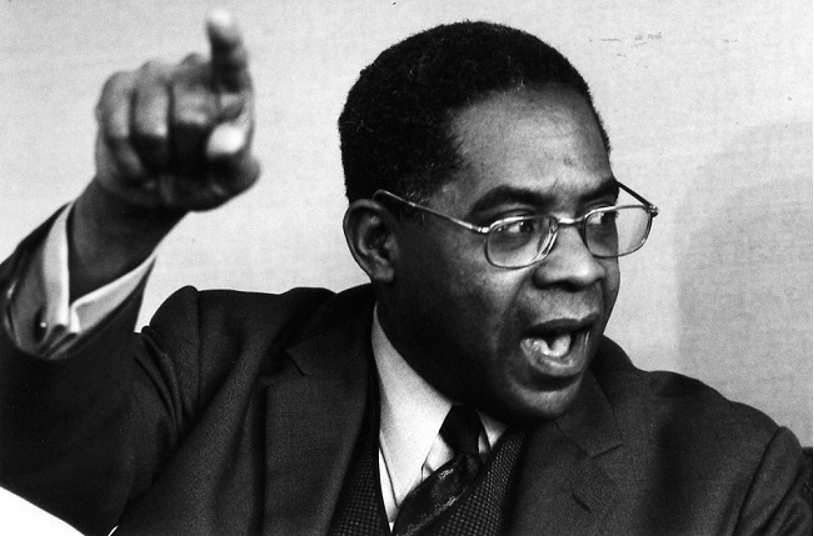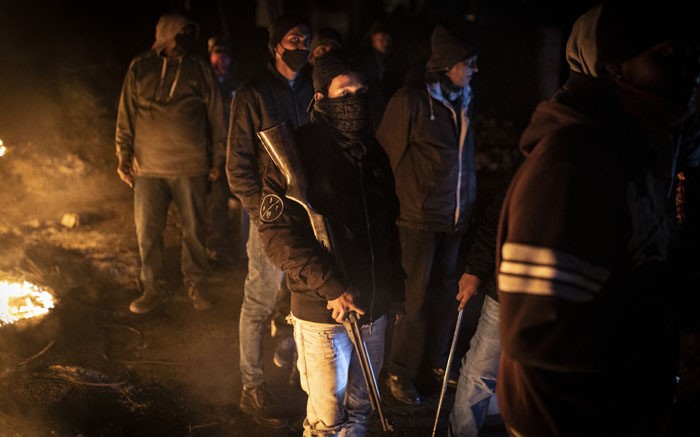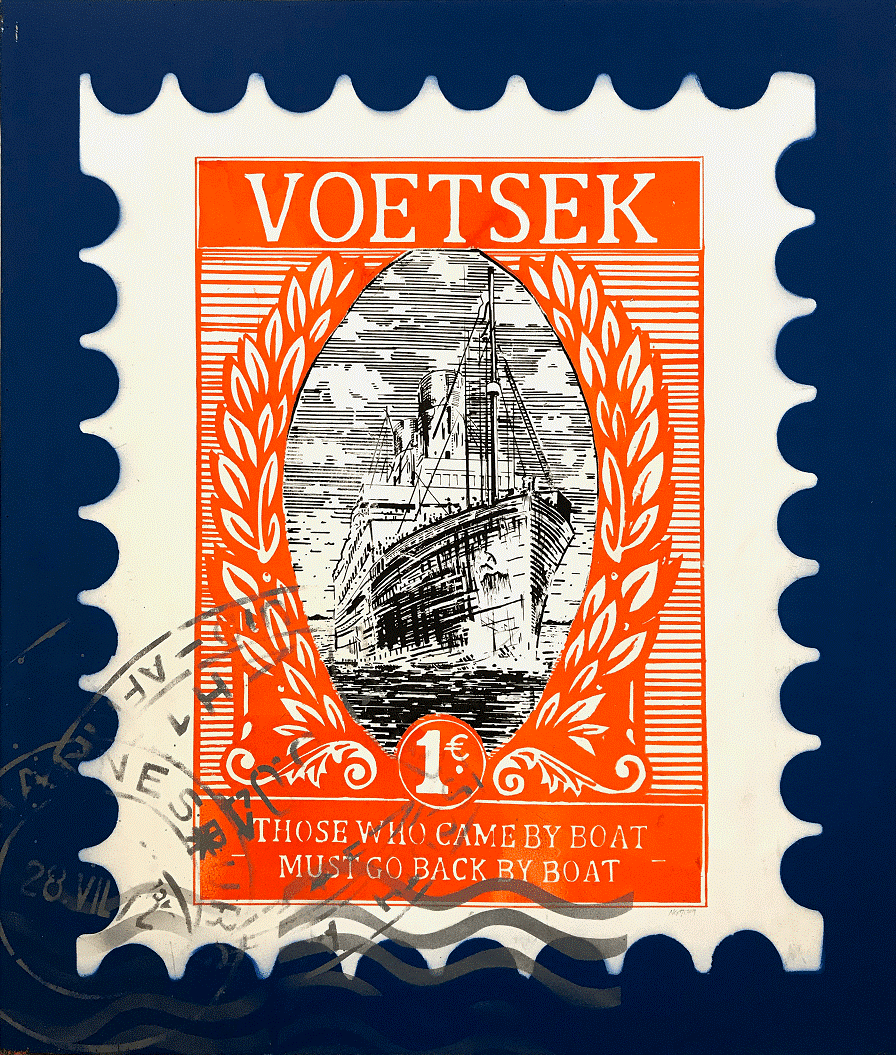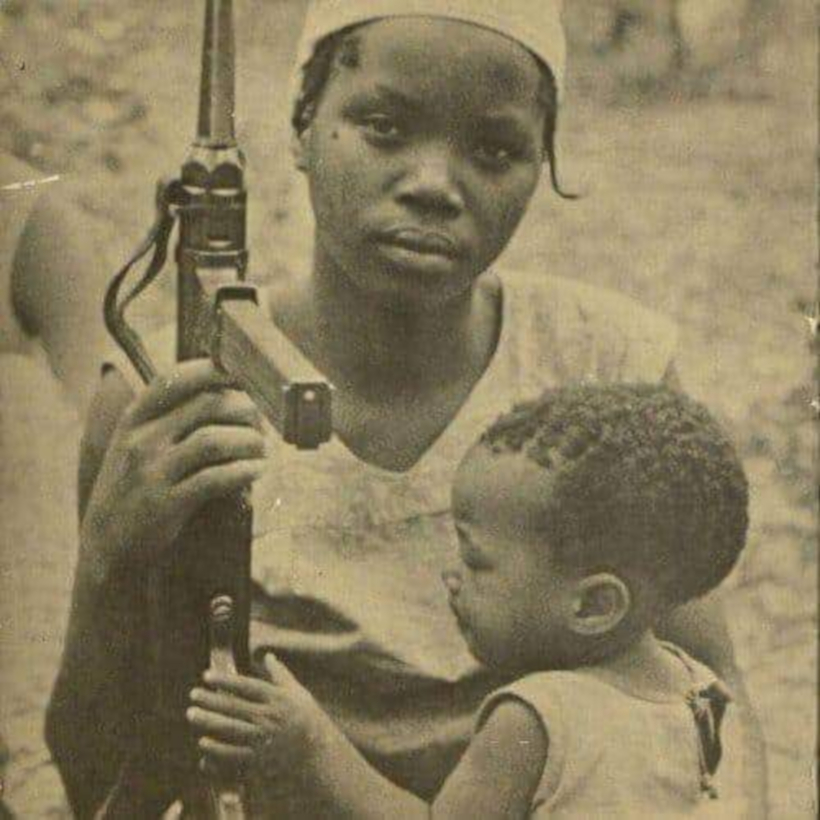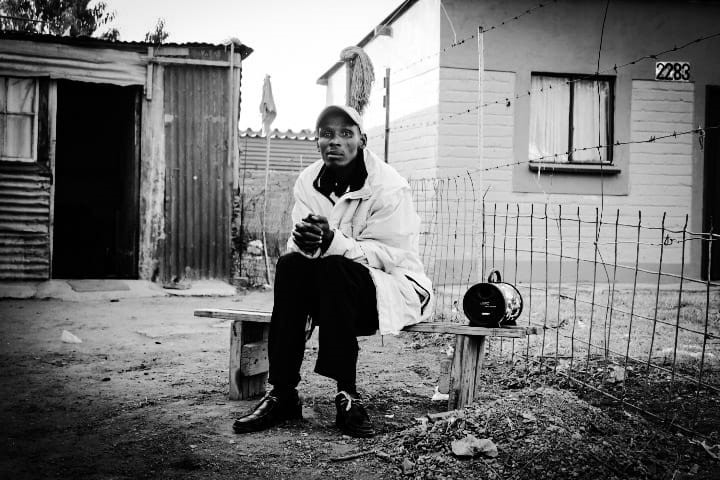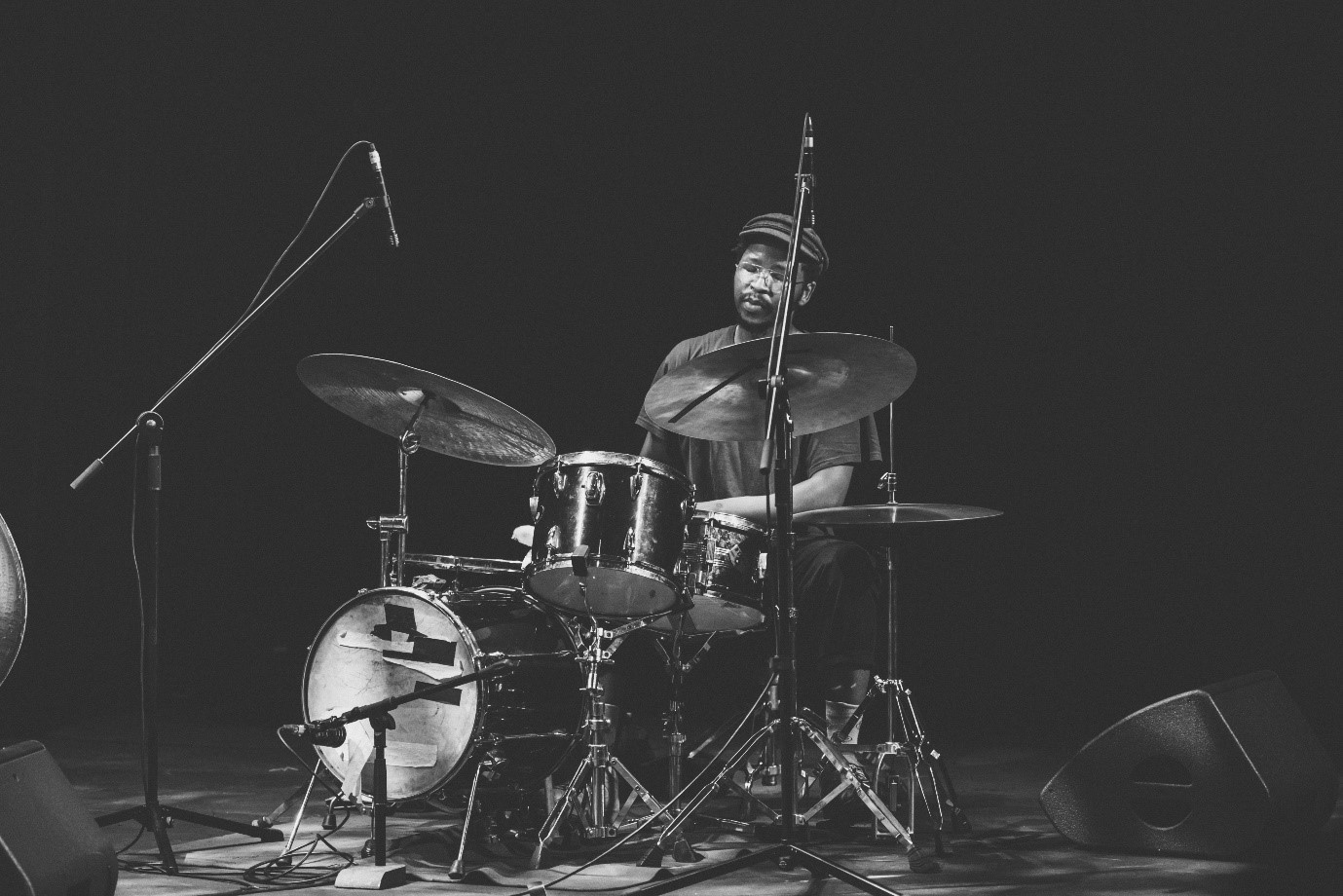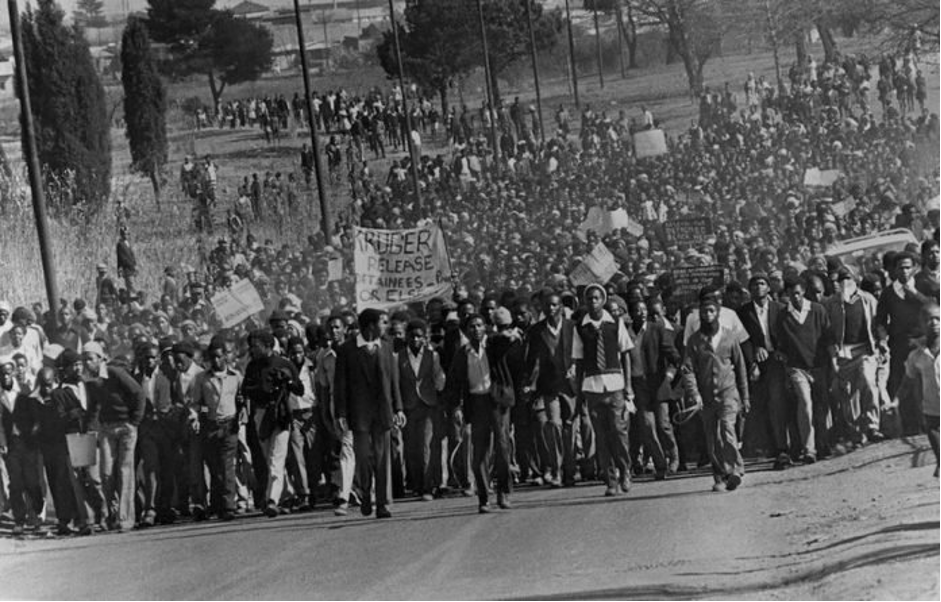“A tiger does not proclaim his tigritude, he pounces” (Wole Soyinka, 1964)
The Newtonian equation that for every action there is a reaction is not just an axiom in classical physics. It also applies in the so-called social sciences and humanities. French colonialism and imperialism are the condition of possibility for the emergence of the Negritude movement both in the Afrikan diaspora and on the continent of Afrika. In this short essay we will briefly discuss our understanding of Negritude, its significance, and the respective contributions of Aime Cesaire and Leopold Senghor to this movement. The fundamental argument overarching this essay is that despite their literary radicalness both Cesaire and Senghor were infected with the disease of double-consciousness which accounts for their integrationist politics. In other words, however significant their contributions are to the Afrikan cultural defence, Cesaire and Senghor were not really “anti-colonial tigers” thus their proclamation of Negritude. We will commence by explaining our understanding of Negritude and then provide a synopsis of its significance and the respective contributions of Cesaire and Senghor. We now turn to our understanding of Negritude.
No longer at ease and nervous conditions
“The condition of a native is a nervous condition” (Frantz Fanon, 1963)
At the core of European racism/white supremacy (Welsing, 1991) is the attempt to distort and eradicate the culture of Afrikans (Wobogo, 2011) who have been subjected to it for “two thousand seasons” (Armah 1973) as per its “logic of elimination” (Wolfe, 2006). This is because power comes from culture (Ani, 1994) thus culture is a form of an” immune system” which protects Afrikan people from European “mimetic infections” (Nobles, 2001) such as “cultural misorientation” (Kambon, 1992) and alienation. Europeans have dropped a “culture bomb” (Thiongo, 2001) on Afrikans whom they have colonised and enslaved. The perilous ramifications of this culture bomb were felt acutely by members of “the best of our race” (Andrews, 2018). This is due to their proximity to whiteness which the “talented tenth” (Dubois, 1903) attains as they undergo the process of “the miseducation of the negro” (Woodson, 1999). This fatal proximity to whiteness exposes them to the “psychosis of whiteness” (Andrews, 2018) which eventuated in their embarrassing literary and political schizophrenia in the form of scholarly radicalness and integrationist politics. Both Cesaire and Senghor underwent the process of the miseducation of the negro in the poisonous “prestigious” halls of the French academy. It was here that they felt the inevitable severe ramifications of French racism and the resultant defensive desire (Negritude became a literary defence mechanism to cope with the “fortune” and curse of access to elite French miseducation) to redeem themselves and their race. It is this sense that Thabo Mbeki’s so-called African Renaissance project reflects his personal alienation as a “civilized native”. The predictable degradation of Afrikan culture that stems from European racism in this case French racism led both Cesaire and Senghor to launch a redemptionist discourse on the virtues of Afrikan culture. In other words, the action of French racism eventuated in the reaction of Negritude, which is a vindicationist movement seeking with futile results, to demonstrate to European racists that Afrika is unique and important in its own right, something that most Afrikans who are not “de-africanised” (Cabral 1973) already knew. This vindicationist movement is encapsulated by their absurd attempt to reconcile being French and Afrikan. At any rate, the elder member of the “best of our race”, Dubois had in 1903 already paved the way for this illogical literary exercise and its political absurdity, by seeking to be American and Negro at the same time both in his scholarship and politics. This scholarly and political schizophrenia led to his treacherous treatment of Marcus Garvey, who had his own contradictions such as being a christian. The political absurdity of seeking to be both French and Afrikan by both Cesaire and Senghor stems from their premature immersion in European thought and its political contradictions. This is because their Negritude was premised on “Negative dialectics” (Mocombe, 2016) which seeks to correct the flaws of French colonialism by pursuing egalitarianism within the French Republic (an absurd impossibility made (in)famous by Toussaint who influenced Cesaire) by both Senghor’s recolonisation call ala Ali Mazrui and Cesaire in Martinique with the “departmental law” (Rabaka, 2015).
Due to the lethal poison of French miseducation both Cesaire and Senghor were interpellated (Althusser, 1997) into French Assimilationist Ethic and the spirit of Gallicism. Thus, Negritude was an Affranchise (Mocombe, 2008) cultural protest without a revolutionary alternative. As a protest literature (Kunene, 2017) Negritude should have first been outgrown for both Cesaire and Senghor to be revolutionary tigers who do not have to proclaim their “tigritude” (Soyinka, 1964). This is how the politics of culture influence the culture of politics. Deep down both Cesaire and Senghor were overwhelmed and intimidated by European/French culture and thought (Wilson, 1993). They might as well have echoed Fanon who stated that “what is this thing about African culture, I am a French man” (Fanon, 1967). In a nutshell, we understand Negritude to be a rhetorically radical but integrationist-driven literary exercise in vindicationism by the deeply wounded (due to extreme exposure to European culture and thought) members of the “best of our race”. We have briefly explained our understanding of Negritude, we now turn to discuss its significance.
The racist and so-called Enlightenment project (Eze, 1979) which laid down the foundation and rationalised European colonialism and imperialism served as an intellectual staple food for Cesaire and Senghor during their “privileged” miseducation process in elite French schools and universities. This racist project reached its summit of shallow arrogance with Hegel’s vomit that “Africa is not a part of world history” and that “it should be left alone”, that is, it should be excluded from philosophical and historical discourse. This ironically wounding white nonsense by Hegel provided a philosophical foundation for the distortion of Afrikan culture and history which was fortunately and finally eliminated by both Theophile Obenga and Cheik Anta Diop in 1973 in Cairo during the UNESCO “debate” on the origin of Kemetic civilization (Obenga, 2004).
The significance of Negritude lies in its call for “re-Africanisation” (Cabral, 1979) and its understandable defence of Afrikan culture which was pioneered by Alioune Diop with Presence Africaine publication. The problem lies not in the defence per se but in its nature. There are two types of defences of Afrikan culture, namely the vindicationist and the fundamentalist school (Carruthers, 1999). The vindicationists confine their intellectual efforts to convincing whites of their Afrikan culture, its uniqueness and importance, for integrationist purposes. The fundamentalists on the other hand seek to correct European distortions regarding Afrikan culture and history by focusing their attention on Afrikans, for revolutionary purposes. While Negritude defended the integrity of Afrikan culture, it did so on the premise of intellectual “extraversion” (Hountondji, 1996) by appealing to a white audience/gaze. Therefore, it can be categorised as a form of ethnophilosophy (Hountondji, 2002). We have briefly discussed the misguided significance of Negritude; we now turn to discuss the respective contributions of Cesaire and Senghor.
The fundamental point of departure in this regard is that there is Cesairean and Senghorian Negritude. This is how Rabaka (2015: 192) provides a synopsis, “Similar to Caesarean Negritude, Senghorian Negritude advocated a critical return to the precolonial African past but, unlike Cesaire, Senghor’s work consistently exhibited an intense preoccupation with and openness to contemporary European colonial, particularly French, philosophy and culture. Where Cesairean Negritude can best be characterized by its emphasis on Africana self-determination, Africana history, Africana culture, and the struggle(s) of the black proletariat, Senghorian Negritude is best captured with the words, assimilation, synthesis, symbiosis, African socialism, and primitivism”. Both Cesaire and Senghor through their misguided though necessary defence of Afrikan culture contributed the term “Africanite” which for Senghor meant being-black-in-the-world” encapsulated by the anthropological absurd dichotomy of “Negro intuition and European reason”. Cesaire on the other hand contributed the concept of “return” which according to Masolo (1994 :1-2) meant a spiritual and cultural reconnection with Afrika and Cesaire’s departure from France to Martinique. There is more to their contribution which we cannot delve into due to the brevity of this essay.
In conclusion, this short essay has discussed our understanding of Negritude which is premised on the idea that it is a rhetorically militant but integrationist-driven literary exercise in vindicationism by French black men diseased with double-consciousness. We also discussed the significance of Negritude which we regarded as a necessary but misguided defence of Afrikan culture and identity. This essay finally provided a synopsis of the respective contributions to Negritude by Cesaire and Senghor. The underlying argument is that Negritude was a necessary but misguided movement proclaimed by black French literary radicals who are not “anti-colonial tigers” thus their integrationist politics.
Masilo Lepuru
A founding director of the Institute for Kemetic and Marcus Garvey Studies (IKMGS)

